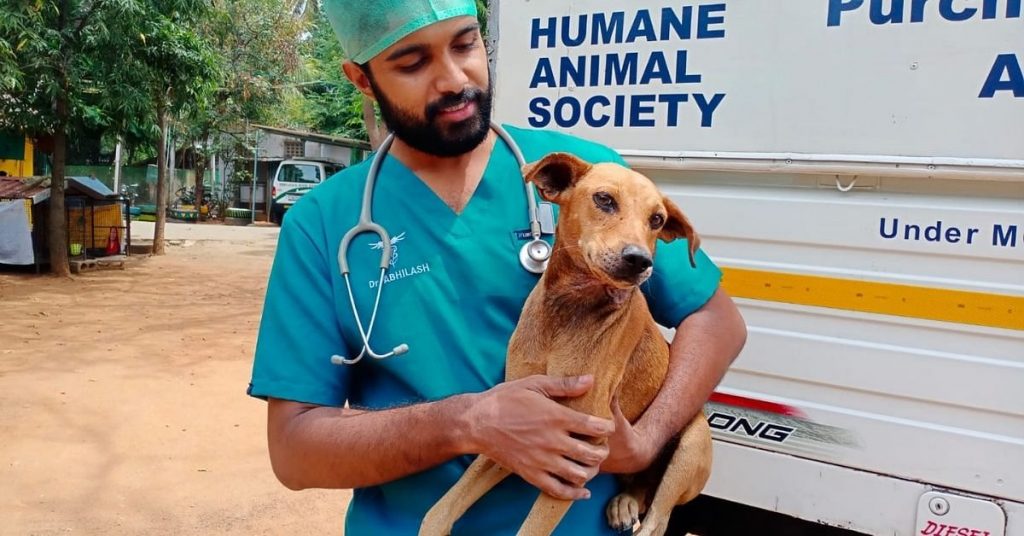Mini Vasudevan was not going to be one of those Indians who merely complained about the plight of her home country while living abroad and earning in dollars.
When she moved back from the United States to India after 13 years in 2004, she was disturbed by the conditions in which stray dogs were living in her colony in Coimbatore. The pet owner, who prefers calling herself a ‘dog companion’, also came across families that treated dogs as a commodity and believed in keeping the animal outside the house.
Mini, who is an engineer, formed a group of like-minded individuals to help injured dogs, give food to strays, and conduct similar activities at a small scale.
This was till a life-changing incident occurred two years later, in November 2006. Mini was volunteering at a compound where the Coimbatore Municipal Corporation (CMC) was carrying out the Animal Birth Control (ABC) programme. There, she saw that dogs were tied in chains, and some were inside the cage sitting in their own urine and feces. Appalled by these conditions, she wrote an email, attached some pictures, and sent them to animal welfare activist Maneka Gandhi.
However, Gandhi reverted with a stern response upon learning that Mini had just returned from the US.
“She didn’t think I was serious about improving things. She told me to stop complaining and start working. Her words haunted me for a few days, so I decided to go back to the CMC, this time with a clear agenda,” Mini recalls to The Better India.
Meanwhile, Gandhi reprimanded the CMC for their actions and directed them to cooperate with Mini. A few days later, Mini’s organisation Humane Animal Society (HAS) and CMC signed a Memorandum of Understanding (MoU). HAS handled the programme and also established a shelter home on the land provided by the corporation.
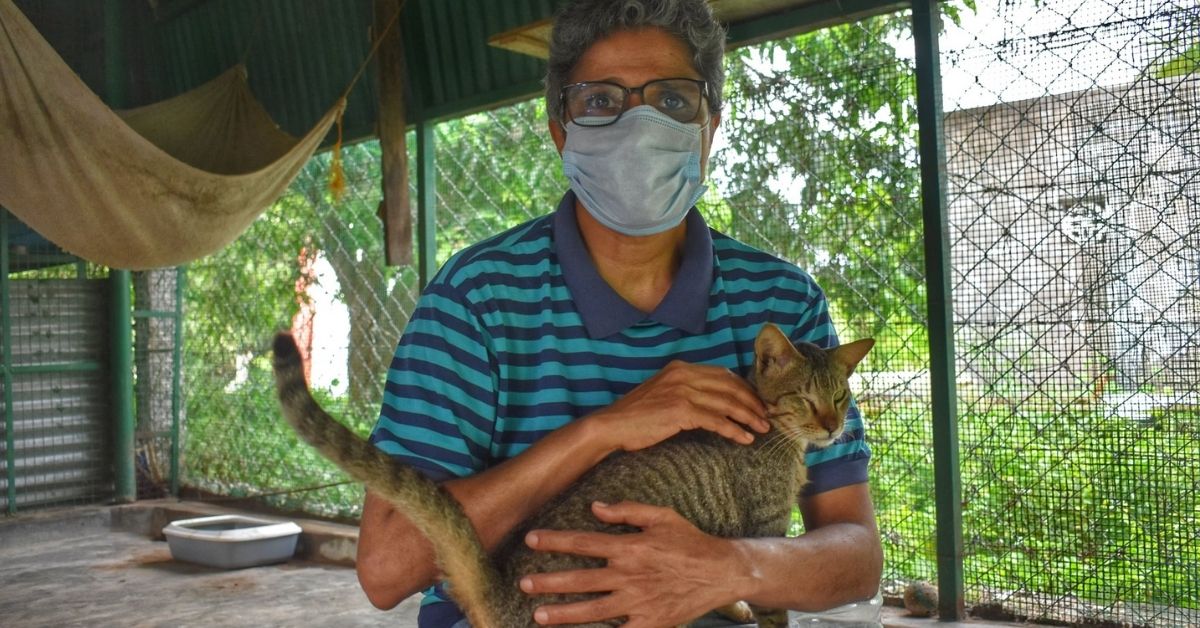
Mini started fighting for the welfare of animals at a time when animal rights was not considered a pressing matter. Her efforts to rescue, vaccinate, and rehabilitate have impacted close to 65,000 animals, including dogs, cats, ponies and cows over the last 15 years.
She quit her job only three years ago to dedicate all her time to HAS. Mini says the organisation spends close to Rs 1 crore annually – raised through donations – to run the shelter and a sanctuary located on the outskirts of Coimbatore in Vazhukkupparai.
Establishing a wholesome shelter home
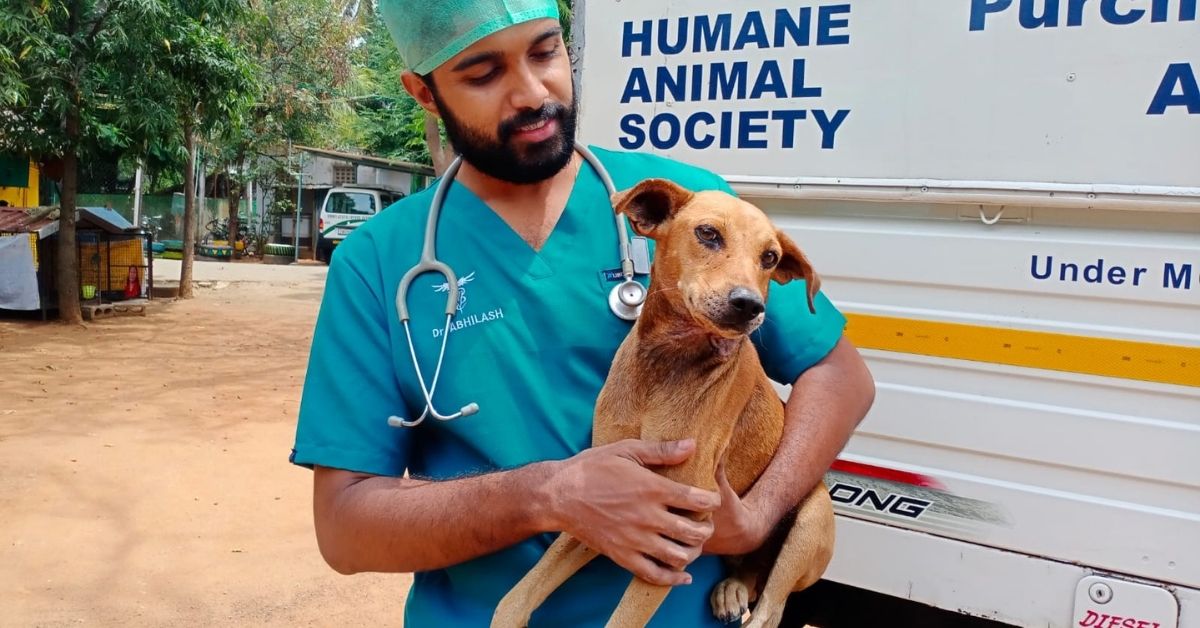
Mini was very clear on what she wanted her shelter home to look like. Volunteering at protection homes in the US was an eye-opening experience, she says.
“While I have loved animals all my life, it was only when I was in the US that I learnt how an animal is supposed to be treated. But I also saw dogs being put down if they are not adopted after a certain age,” she says.
To channel her helplessness and frustration in the right direction, Mini formed a shelter where the aim is not just to alleviate the sufferings of animals, but also introduce the concept of companionship and respect through awareness. Mini also hired a veterinarian and built an operation theatre for large and small surgeries.
In the first year, Mini conducted several sessions with stakeholders like government officials, other shelter homes, and citizens to demonstrate how ABC should be done scientifically without torturing the animals.
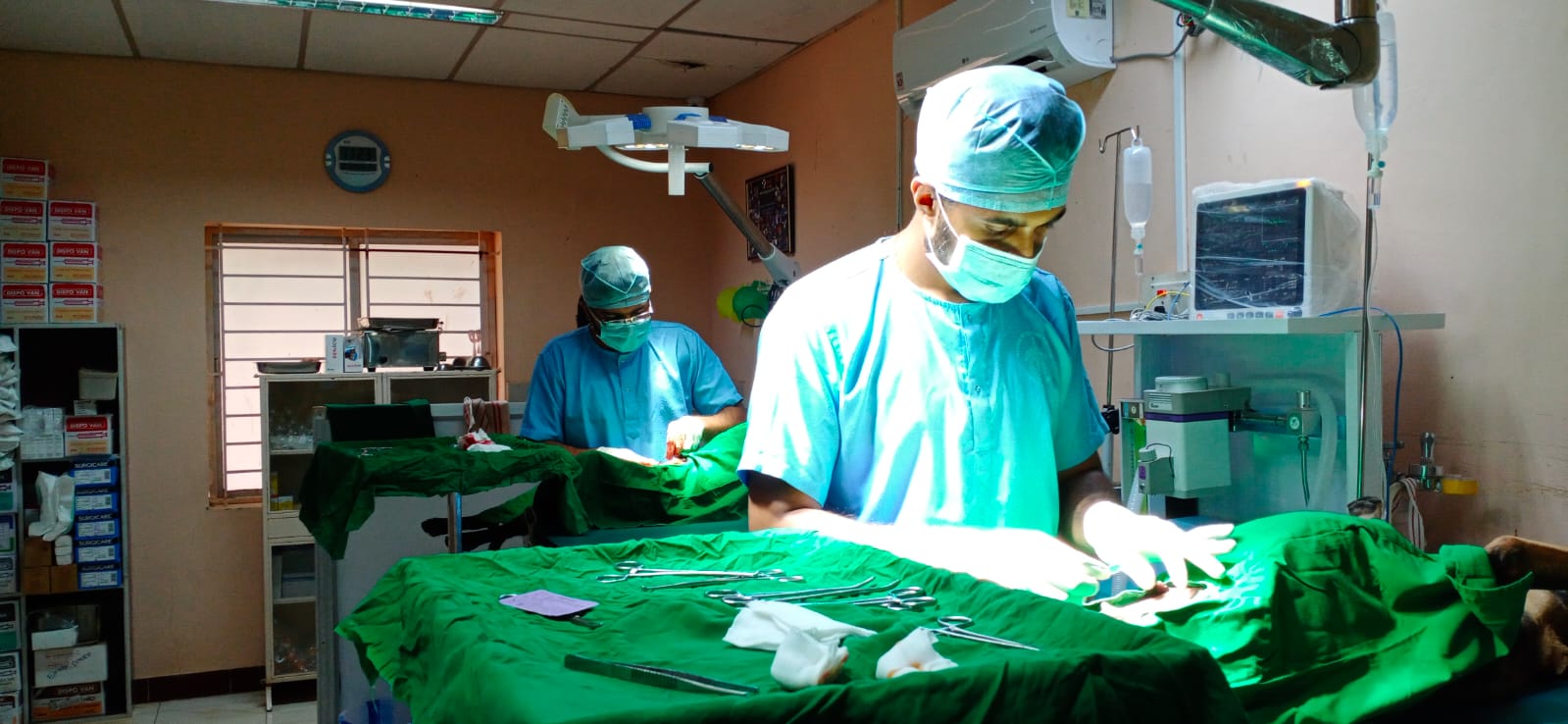
“From promoting Indian breeds to introducing the concept of fostering and adoption, we undertook several programmes to educate people. We hired vets who would provide consultations and treatments at low costs. This made a difference, as over time, rescue and adoption related calls increased. A few years later, we opened a sanctuary that now houses 70 animals,” she says.
Changing attitudes, one person at a time
Two years ago, Alena, a citizen of Switzerland, adopted an Indian dog named ‘Bailey’ after reading a moving post on HAS’ social media page. Due to her frail health and skinny body, Bailey was not being adopted. That’s when Alena messaged Mini and agreed to adopt her.
“I was surprised she wanted to adopt. She had read about the animal tortuture cases in India and wanted her son to grow up realising the value of abandoned dogs like Bailey. After going there, Bailey looks so happy and healthy,” says Mini. It took no time for this heartwarming adoption story to go viral.
The willingness to adopt Indian breeds, especially ones that are disabled, is a trend that Mini is glad for. A school owner adopted four blind and three-legged dogs for his school. So many children are learning that owning a dog is not a matter of status symbol, she says.
Several dogs that were abandoned due to various reasons have been adopted from HAS. Mini notes that families and people have dramatically changed their perceptions about animals after adoption.
“This level of compassion and empathy was missing when I started HAS. Today, people are happily adopting female dogs and Indian breeds that are low-maintenance but equally loving. The owners are also coming forward to have their pets undergo birth control surgeries upon learning the inhumane conditions in which these activities take place. There is no limit to the love humans can give animals and I say this from my experience of running a shelter home,” says Mini.
One of the most effective ways to encourage adoption of Indian breeds is through volunteering programmes, says Mini. At HAS, people can stay and help in day-to-day activities.
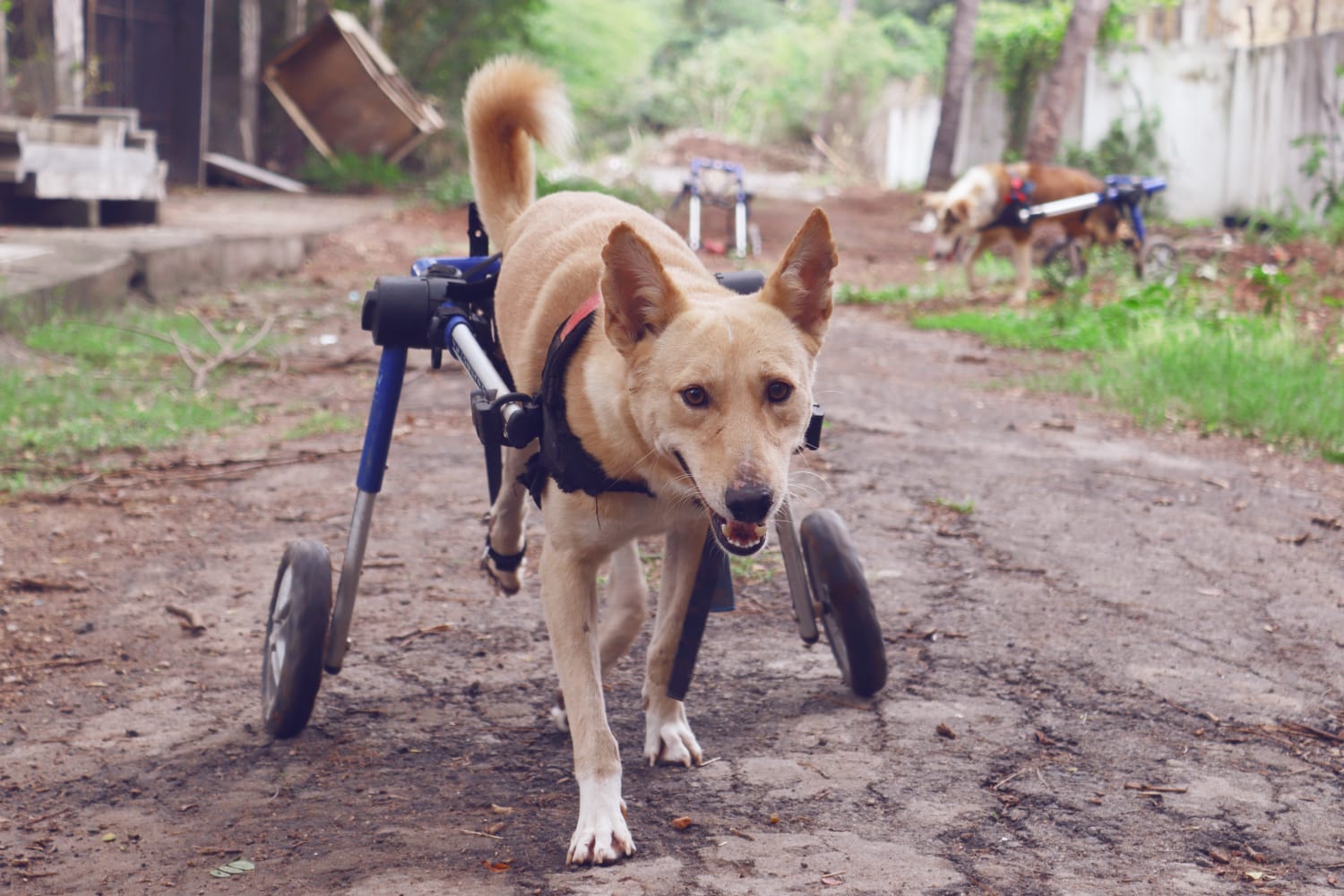
Rushitha Samavedam from Bengaluru recently completed her volunteering at the organisation. She says, “Volunteering at HAS has been fulfilling. I’m glad I’m able to bring my professional skills to an animal welfare organisation like HAS. I take back a lot of learnings from these furry friends who only know how to live for the moment despite their hindrances, and not fret about the past or future. I do urge working professionals to spend time volunteering and give their skills and time to not-for-profit organizations when they are on sabbaticals or in between jobs if possible.”
When asked if Mini has plans to scale her programme, she says it is quite the opposite.
“Ideally, shelter homes should only be a temporary house for animals as they are meant to roam around freely. These homes should only have to provide spa or medical treatments. People need to open their homes and hearts.”
Mini was given the Nari Shakti Award in 2019 for her outstanding contributions towards animal welfare.
All images are sourced from Mini Vasudevan
Edited by Divya Sethu

